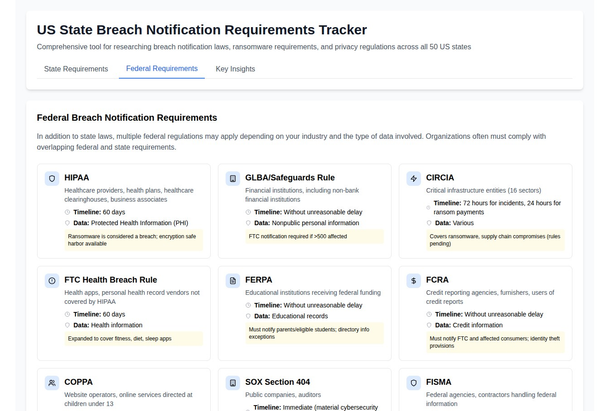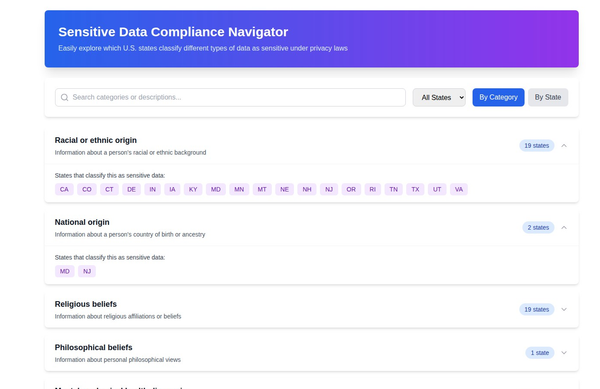Understanding the Australian Privacy Principles: The Cornerstone of Privacy Protection in Australia

Introduction
In Australia, the protection of personal information is governed by the Privacy Act 1988 (Cth). This legislation establishes the framework for handling, accessing, and securing personal information. At its core are the Australian Privacy Principles (APPs)—a set of 13 principles that outline standards, rights, and obligations concerning the collection, use, disclosure, and management of personal information by businesses and government agencies.
For further details, refer to the official Privacy Act website.

Who Must Comply with the Australian Privacy Principles?
The Privacy Act applies to:
- Australian Government agencies
- Private sector organizations and not-for-profits with an annual turnover exceeding $3 million
- All private health service providers
- Certain small businesses that handle sensitive information or provide specific services

The 13 Australian Privacy Principles (APPs)
The APPs cover the full lifecycle of personal information, ensuring its protection from collection to disposal. Below is an overview of each principle:
- Open and Transparent Management of Personal Information
Entities must manage personal data transparently, including maintaining a clear and up-to-date privacy policy. - Anonymity and Pseudonymity
Where practical, individuals must have the option to interact with entities anonymously or through a pseudonym. - Collection of Solicited Personal Information
Entities may only collect personal information when necessary and must apply higher standards when handling sensitive data. - Dealing with Unsolicited Personal Information
If an entity receives unsolicited personal data, it must assess whether it could have lawfully collected it. If not, the data must be destroyed or de-identified. - Notification of Collection
Entities must inform individuals about the collection of their personal data, including the purpose and how it will be handled. - Use or Disclosure of Personal Information
Personal information must only be used or disclosed for the primary purpose of collection, unless exceptions apply. - Direct Marketing
Organizations must obtain consent before using personal information for direct marketing, with opt-out options available. - Cross-Border Disclosure
Before sharing personal data with overseas entities, reasonable steps must be taken to ensure compliance with the APPs. - Government-Related Identifiers
Organizations cannot adopt, use, or disclose government-issued identifiers (e.g., Medicare numbers) except under specific conditions. - Quality of Personal Information
Entities must take reasonable steps to ensure the accuracy, completeness, and relevance of the personal information they collect. - Security of Personal Information
Organizations must safeguard personal data from misuse, interference, and unauthorized access, ensuring secure storage and disposal. - Access to Personal Information
Individuals have the right to access their personal information held by an entity, subject to legal limitations. - Correction of Personal Information
Organizations must correct personal information upon request if it is found to be inaccurate, outdated, incomplete, or misleading.
Compliance and Consequences of Non-Compliance
Entities subject to the Privacy Act must adhere to the APPs to avoid regulatory actions and penalties. Non-compliance may result in fines, legal consequences, or reputational damage. To maintain compliance, organizations should:
- Conduct regular privacy audits and policy reviews
- Implement robust data protection measures
- Train employees on privacy obligations
- Establish clear procedures for handling personal data breaches

Conclusion
The Australian Privacy Principles form a critical framework for data protection in Australia. By ensuring transparency, security, and accountability in the handling of personal information, they help build trust between businesses, government agencies, and the public.

Understanding and complying with the APPs is not just a legal necessity—it is also a best practice for maintaining credibility and consumer confidence in an increasingly data-driven world.
Disclaimer: This article is for informational purposes only and does not constitute legal advice. For expert guidance on compliance, consult a legal professional specializing in Australian privacy law.











